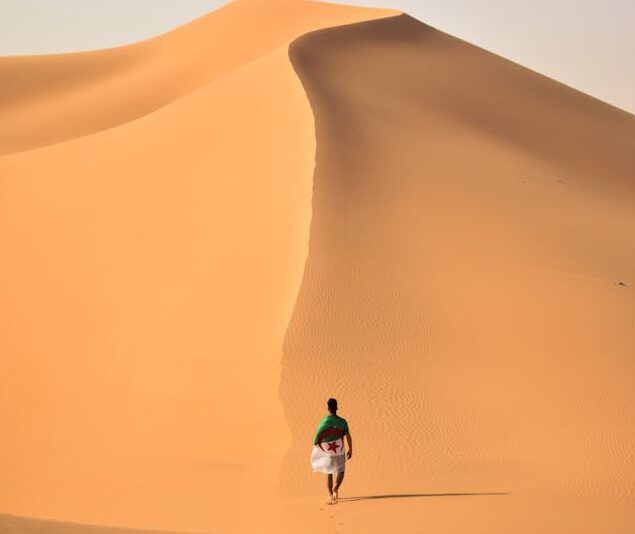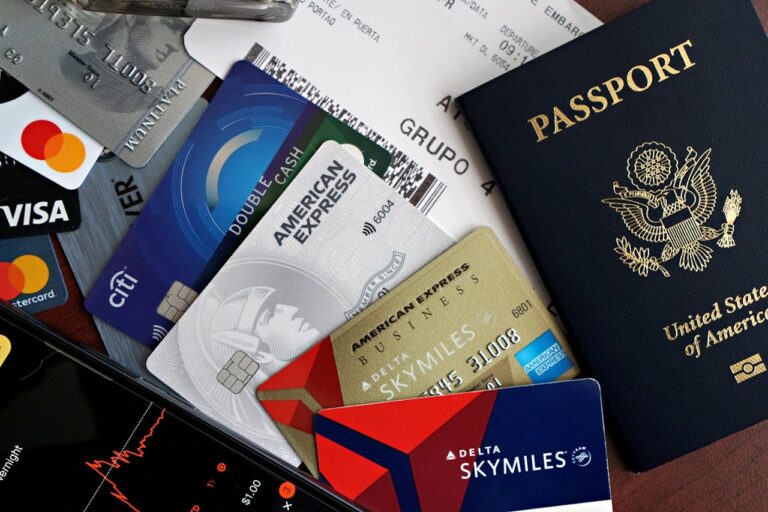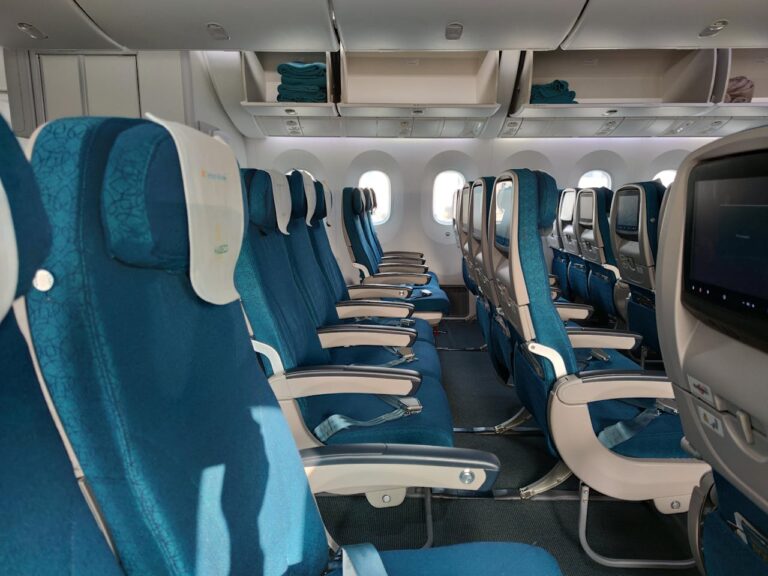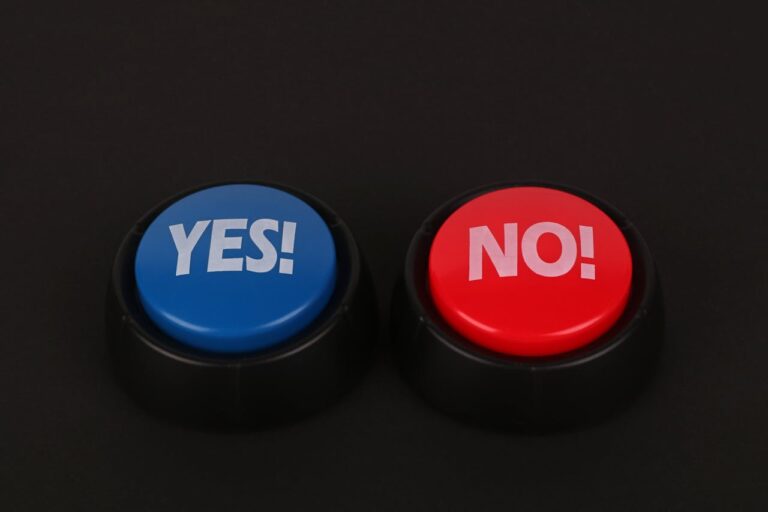Write Us: hello@ali5.org
Beginner’s Guide to Backpacking Through the World (Without Losing Your Mind or Your Stuff)
New to backpacking? This honest, beginner-friendly guide covers everything from packing tips to planning your route, so you can hit the road with confidence and curiosity.

Backpacking sounds romantic, doesn’t it? Waking up in new places, chasing sunsets, carrying everything you need on your back. But let’s be honest—if you’ve never done it before, it can feel a little overwhelming.
What do you pack? How do you plan? Where do you sleep? What if you lose your passport or your feet hurt or you get homesick on day two?
If these thoughts have crossed your mind, you’re not alone. The good news? Backpacking doesn’t have to be complicated. In fact, with a little preparation and the right mindset, it can be one of the most rewarding ways to see the world.
Whether you’re dreaming of hopping across Europe, exploring Southeast Asia, or taking a gap year with no real plan (but a lot of hope), this guide is here to walk you through the basics—with zero judgment and lots of helpful tips.
🎒 What Is Backpacking, Really?
Let’s clear something up: backpacking isn’t just about carrying a huge bag and staying in hostels. It’s about traveling light, staying flexible, and experiencing the world up close. It’s usually budget-conscious, often spontaneous, and always a bit adventurous.
You’re not checking into 5-star resorts or hauling suitcases behind you. Instead, you’re hopping on buses, sleeping in guesthouses, and figuring things out as you go. And that’s the beauty of it.
🌍 Why Backpack?
Still wondering if backpacking is for you? Here’s what makes it special:
-
Freedom. You’re not stuck to one plan or destination.
-
Budget-friendly. You can see the world without draining your savings.
-
Connection. You meet people—locals and fellow travelers—constantly.
-
Growth. It challenges you, humbles you, and teaches you more than any classroom ever could.
You don’t need to be a seasoned traveler or super outdoorsy. You just need curiosity, a bit of courage, and a backpack that doesn’t break your back.
🗺️ Planning Your Route (Keep It Loose)
It’s tempting to plan every single detail of your trip—every stop, hostel, and meal. But one of the best parts of backpacking is being open to change.
Here’s a simple way to plan without overplanning:
-
Pick a region or starting point. Europe? South America? Southeast Asia?
-
Look into visa requirements and safety.
-
Make a rough list of places you’d love to visit.
-
Book the first couple of nights only. Once you’re on the road, you’ll get a feel for what works for you.
Pro tip: Apps like Rome2Rio, Omio, and Hostelworld are your best friends when hopping between places on the fly.
🎒 What to Pack (And What to Leave at Home)
When you’re backpacking, less is definitely more. Trust me, you’ll regret that extra pair of jeans by day three.
Here’s a simplified packing list for new backpackers:
Essentials:
-
1 good-quality backpack (40–50 liters is usually plenty)
-
4–5 lightweight shirts (quick-dry is great)
-
2 pairs of pants/shorts
-
1 hoodie or sweater
-
1 light waterproof jacket
-
Undergarments & socks (about a week’s worth)
-
Comfortable walking shoes
-
Sandals or flip-flops
-
Travel-sized toiletries
-
Microfiber towel (they dry fast and pack small)
-
Copies of important documents (passport, IDs, insurance)
-
A power bank, a universal adapter, and your phone
Optional but helpful:
-
A sleep mask and earplugs
-
A lock (for hostel lockers)
-
A reusable water bottle
-
A small first-aid kit (plasters, pain relievers, stomach meds)
What to skip:
-
Hair dryers, full-size toiletries, lots of books, and “just in case” extras. You’ll either never use them or find them easily on the road.
🛏️ Where to Stay (Hint: It’s Not Always Hostels)
Hostels are popular for a reason—they’re affordable, social, and everywhere. But you’re not limited to bunk beds.
-
Hostels: Great for meeting people, group activities, and budget travelers.
-
Guesthouses or homestays: Often more local and quiet.
-
Airbnb or short-term rentals: Good for longer stays or shared with travel buddies.
-
Camping or eco-lodges: Perfect for nature-heavy trips.
Don’t be afraid to mix it up. Some nights you’ll crave social vibes; other nights you’ll just want a private room and a good shower.
💰 Budgeting Tips (Without Feeling Deprived)
Yes, backpacking is budget-friendly, but it doesn’t mean surviving on instant noodles for months. Here’s how to stretch your money without sacrificing the experience:
-
Cook your own meals sometimes. Most hostels have kitchens.
-
Take local transport. It’s cheaper and more authentic.
-
Travel slowly. Staying longer in one place is cheaper than rushing around.
-
Use travel cards or apps to track your spending.
-
Always have a little cash on hand, especially in rural areas.
Set a daily budget, but leave room for surprises (like a last-minute boat trip or that cool food tour you didn’t know you’d love).
🧠 Safety & Common-Sense Travel Tips
Backpacking feels freeing, but you still want to be safe and smart.
-
Scan and email copies of your passport, insurance, and tickets.
-
Don’t flash your valuables. Keep things simple.
-
Trust your gut. If something feels off, it probably is.
-
Ask locals or hostel staff if you’re unsure where to go—or where not to go.
-
Stay connected. Share your itinerary with someone back home.
Backpacking doesn’t mean reckless—it just means flexible. And prepared.
🧳 Dealing with Challenges (Yes, They Happen)
Things will go wrong. You’ll miss buses, get rained on, lose things, or have off days. That’s normal—and part of the experience.
What matters most is how you handle it. Ask for help. Take a deep breath. Laugh it off. Sometimes, the best stories come from the worst travel moments.
✨ Final Thoughts: You Don’t Have to Know Everything to Start
Backpacking isn’t about doing it “right.” It’s about showing up, learning as you go, and embracing the weird, beautiful, unpredictable journey.
You won’t get everything perfect. You’ll pack too much, or too little. You’ll take the wrong bus, or maybe no bus at all. But you’ll also meet people who change your perspective, eat meals you’ll dream about later, and feel more confident with every stop.
So if you’re on the fence, take this as your sign:
You don’t need to have it all figured out.
You just need to be curious enough to begin.







